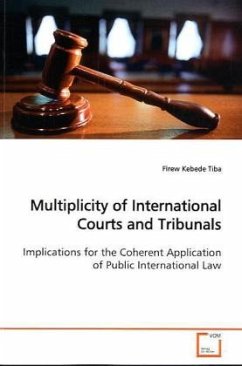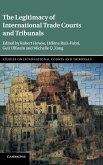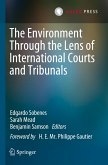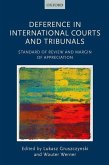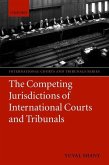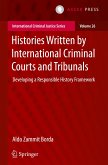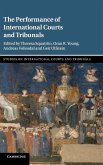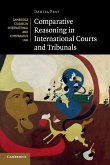This work comprehensively explores the implications
of multiplicty of international judicial bodies on
the coherent application of public international
law. It carried out an in-depth
analysis of the underlying reasons for the
multiplicity, a thorough discussion of
the benefits and the challenges presented by this
development, its theoretical dimensions and
solutions suggested to mitigate the challenges.
The work locates the root causes of these challenges
in the normative and institutional expansions of
international law without a corresponding
coordination of the activities of
the proliferating judicial bodies. The challanges
are systemic in nature. Clearly, because of their
systemic nature, the impacts of these challenges are
not limited to the specific courts, cases and
parties implicated, but have a ripple effect that
reverberates throughout the system. Therefore, the
mitigation of the impacts of these challenges is of
a paramount importance for the credibility,
predictability, legitimacy and overall integrity of
the international legal system and the eventual
augmentation of the compliance pull garnered as a
result.
of multiplicty of international judicial bodies on
the coherent application of public international
law. It carried out an in-depth
analysis of the underlying reasons for the
multiplicity, a thorough discussion of
the benefits and the challenges presented by this
development, its theoretical dimensions and
solutions suggested to mitigate the challenges.
The work locates the root causes of these challenges
in the normative and institutional expansions of
international law without a corresponding
coordination of the activities of
the proliferating judicial bodies. The challanges
are systemic in nature. Clearly, because of their
systemic nature, the impacts of these challenges are
not limited to the specific courts, cases and
parties implicated, but have a ripple effect that
reverberates throughout the system. Therefore, the
mitigation of the impacts of these challenges is of
a paramount importance for the credibility,
predictability, legitimacy and overall integrity of
the international legal system and the eventual
augmentation of the compliance pull garnered as a
result.

